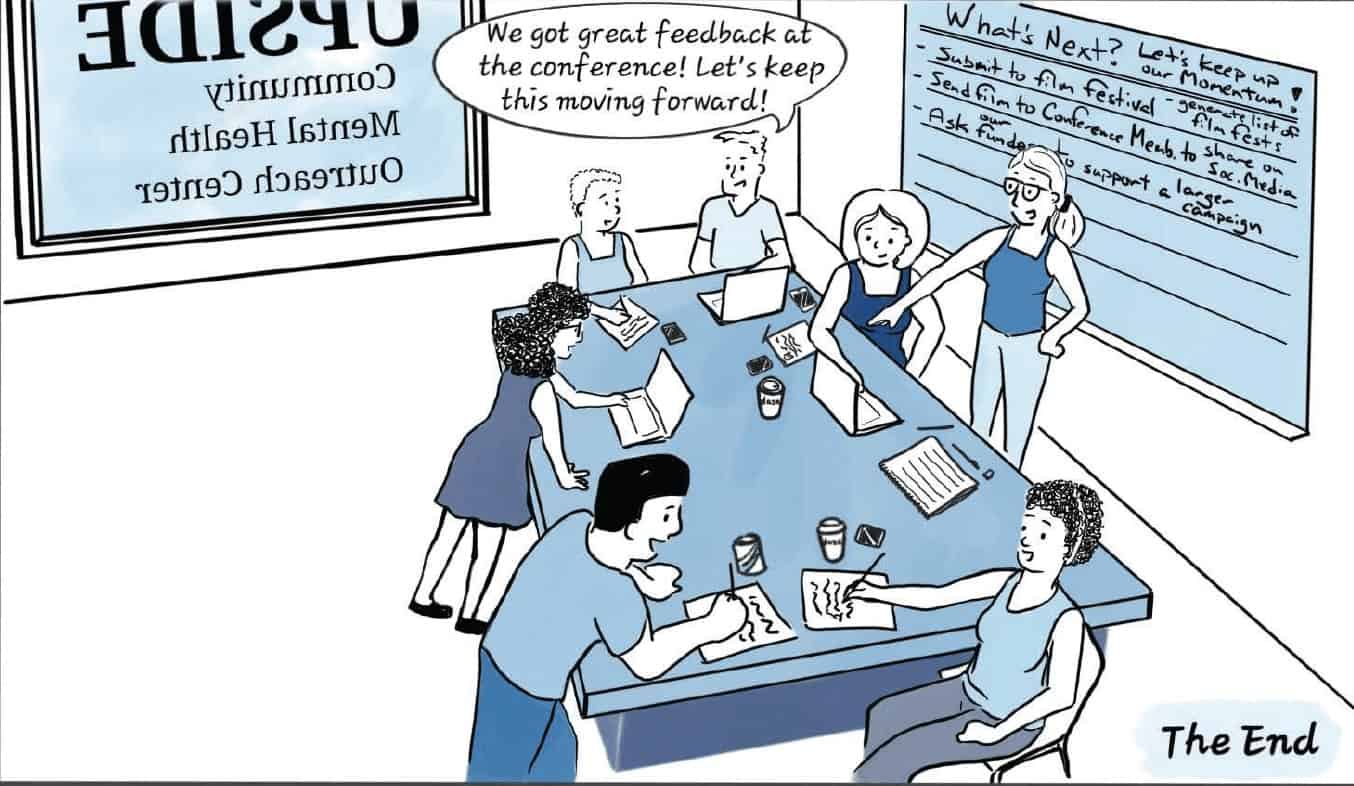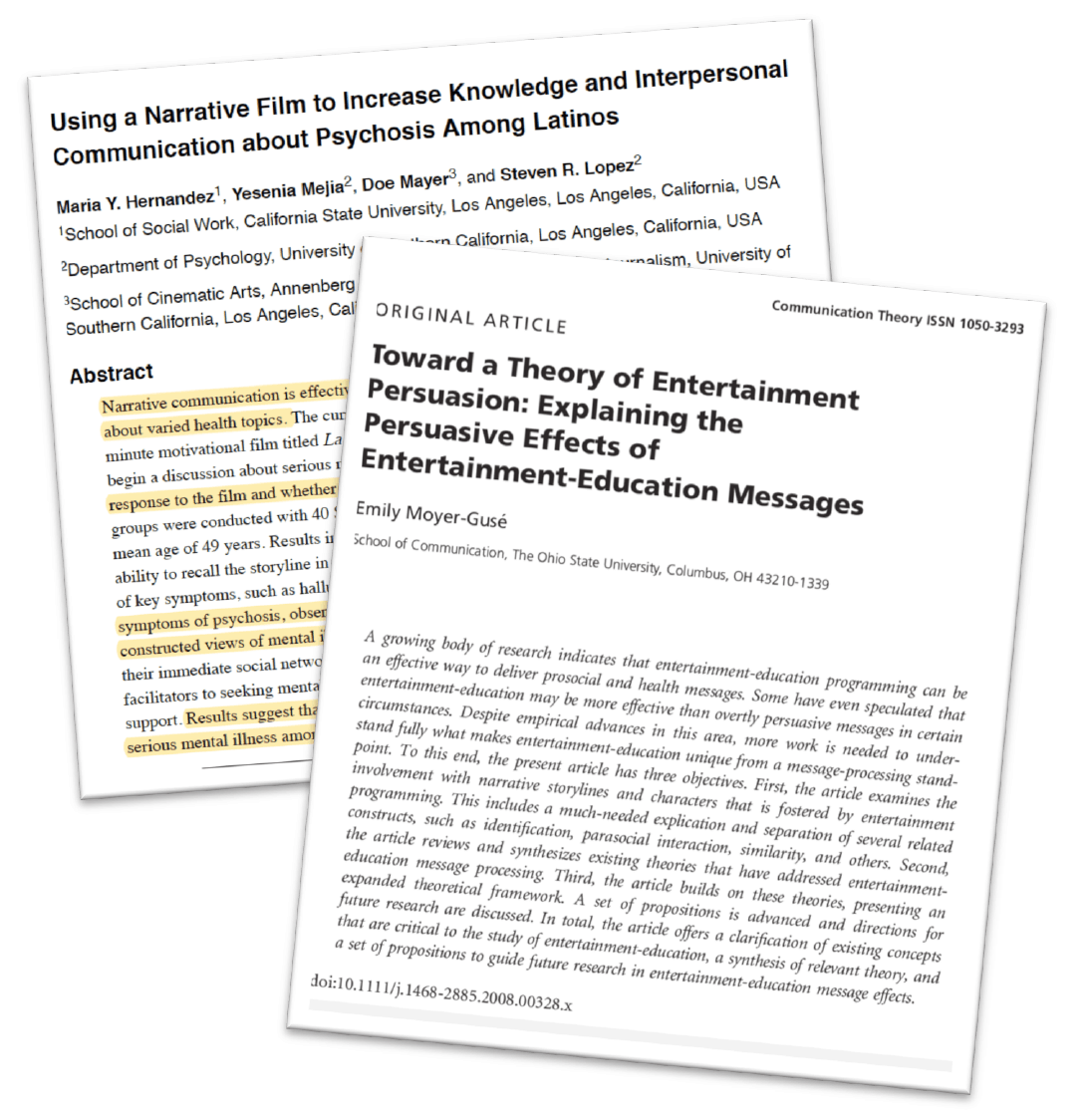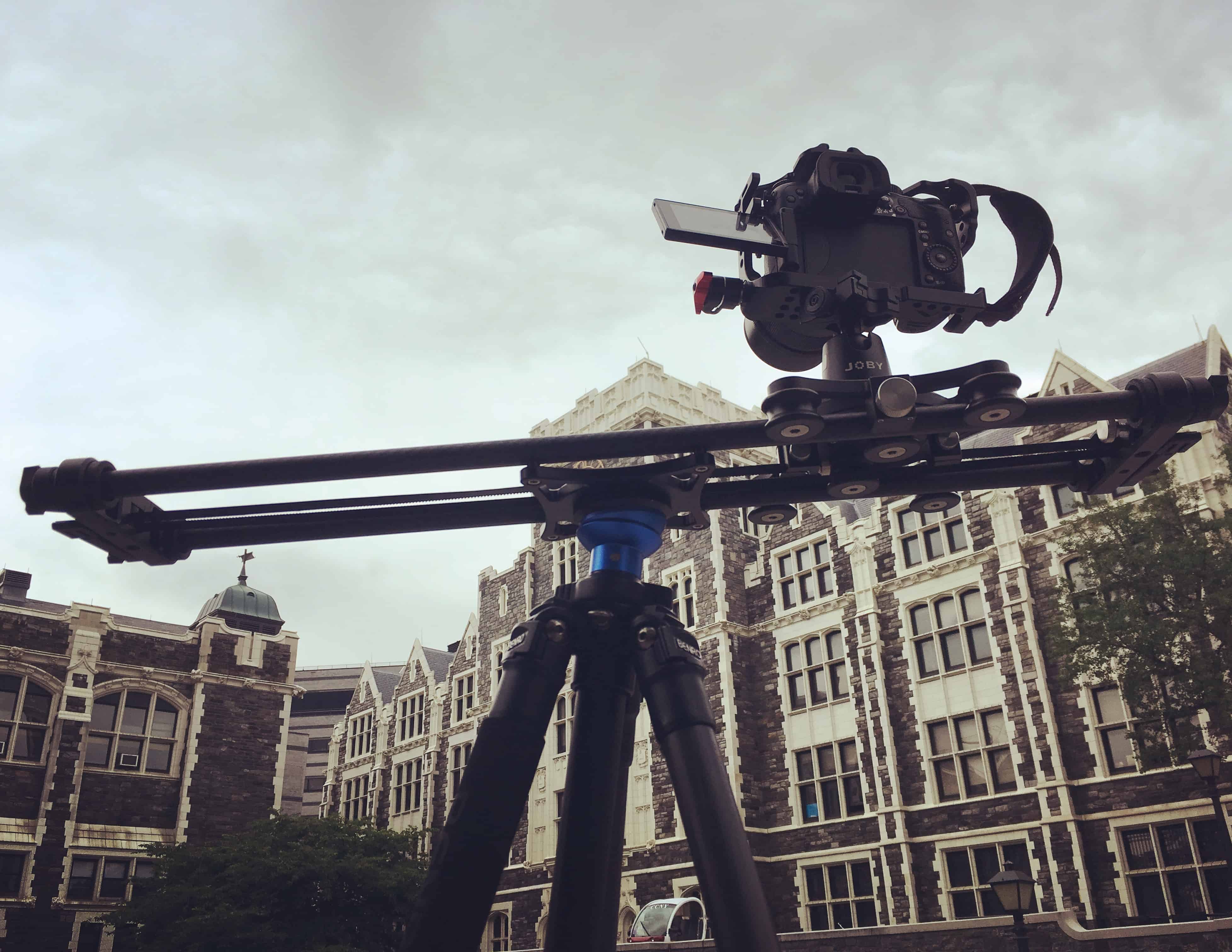Amanda Lipp is a filmmaker and comic book designer specializing in creative digital resources for the mental health field.

Let's get creative with awareness
Complex topics like suicide, psychosis, and trauma can be difficult to translate into engaging and educational resources. Stories are the key - using empathy to impact people and systems. The goal might be to influence policy, raise funds, or inspire community action.

Behind the scenes
Entertainment-education is a type of narrative messaging intervention that emotionally involves the viewer in the storyline, and aims to effect social change - which can occur at the level of individual, community, or society. Essentially, the goal is to deliver prosocial health messages to positively influencing awareness, knowledge, attitudes, and/or behaviors.
Theories to apply in mental health storytelling may include:
- Transportation Theory (Green and Brock)
- The extent that individuals are absorbed into a story (identification)
- The Identification Scale (Cohen)
- The extent to which viewers identify with a character
- Entertainment Overcoming Resistance Model (Moyer-Guse).
- The narrative format increases absorption in the drama, reducing resistance to the messaging.
- Elaboration Likelihood Model (Petty, Cacioppo, Shrum)
- Immersive engagement making it easier to influence beliefs, attitudes, and behavior.
- Social Cognitive Theory (Bandura)
- The most commonly applied theory in the area of entertainment-education







